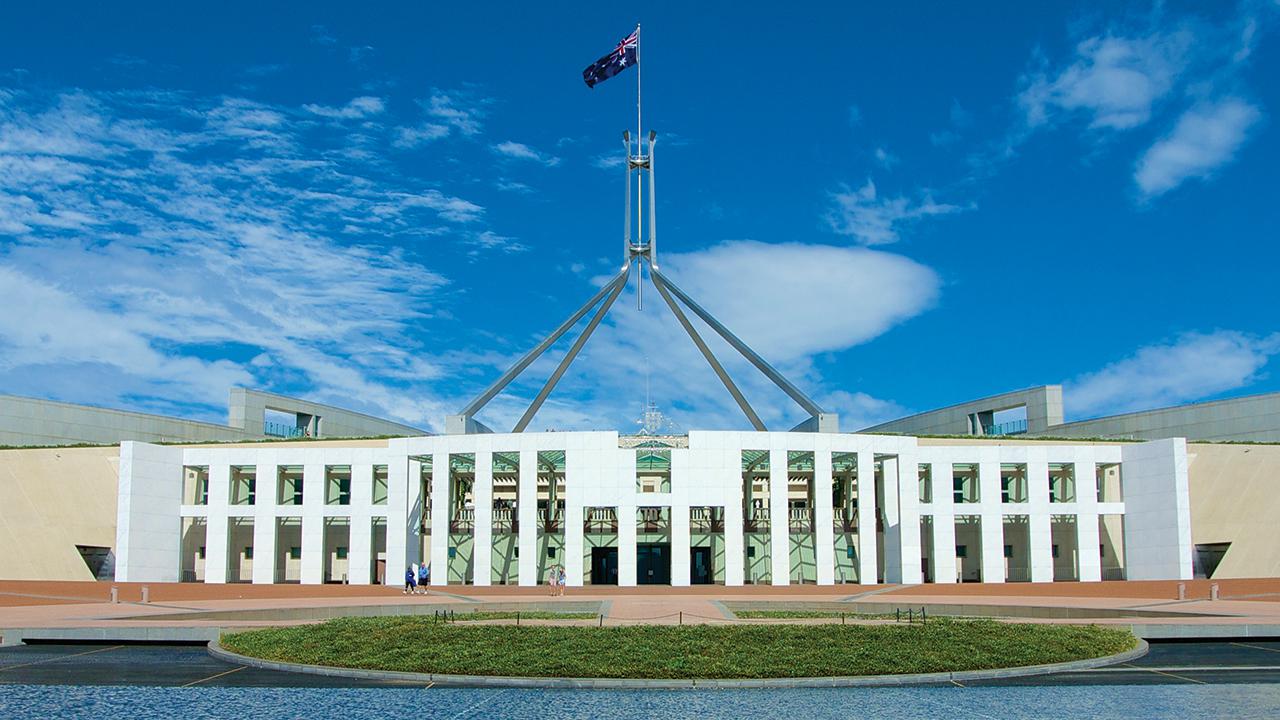
The latest Lowy Institute Poll has reported an increase in positive attitude to democracy in Australia in 2015.
Australians’ views on democracy, and particularly those of younger Australians, have been among the most striking findings of our last four years of polling. In 2015, 65% of the voting-age population say that ‘democracy is preferable to any other kind of government’ (up from between 59-60% over the preceding three years). There has been a corresponding drop (from 24% in 2014 to 18% this year) in the proportion of the population who believe that ‘in some circumstances, a non-democratic government can be preferable’.
As in past years, only a minority (49%) of 18-29 year-old Australians express a preference for democracy, although fewer this year see a non-democratic government as an alternative, with 23% (down 10 points) saying ‘in some circumstances, a non-democratic government can be preferable’. A quarter of this age group (26%) say ‘it doesn’t matter what kind of government we have’.
Changing ways people engage in politics
The Governance Institute at ANU has conducted polling over several years to look at how different age groups engage in politics. And surprise, surprise, the younger generations receive their information from new sources including social media. They are less likely to read a newspaper or even visit a website than Baby Boombers or the generation they call Builders (those born before 1945).
Generation X and Y turn to social media. The impact of this is that social media gives people an opportunity to engage, rather than just receive information. It’s not a one-way street. Social media allows people to share information with others on a larger scale in a much faster way.
But I thought young Australians were apathetic?
It turns out that Generation X and Y are not apathetic. They’re just not interested in involving themselves in politics in the same way as previous generations. Baby Boomers and Builders are more likely to have been involved with protests, campaigns and even writing to their members, while Gen X and Y are involved with online advocacy groups, crowd funding and social media. The Governance Institute also found that political party membership for Gen X and Y is much lower than the older generations, which we may mistake for apathy. In the paper the power of one voice – power, powerlessness and Australian democracy, Mark Evans, Max Halupka and Gerry Stoker find:
Young citizens are a sail and not an anchor for the ship of Australian democracy. Our findings challenge negative stereotypes of the apathetic Generation Y and give grounds for optimism because they show that within Australian youth are citizens with the enthusiasm and capacity to change the direction of Australian politics. In short, it is not that young people do not participate in politics; rather that they participate differently through different channels.
What this shows
To engage with Australians of all ages we need to communicate in the old and new ways. The Governance Institute found that 32% of the 18-24 age group and 28% of the 24-34 age group use Facebook and Twitter and other social media to alert them to political news compared to only 4% of those over 65 years old.
For this reason CEFA has devised education strategies to be able to reach people of all ages. We still use Australia post to communicate with some of our audience, while we are also heavily involved in new technologies. Our Yaba education initiative for schools is a full online platform including social media and video technology. It enables students and teachers to talk to each other across the nation in a safe and secure environment. Yaba encourages students in years 3-12 to further their understanding of the Australian Constitution, democracy and the Australian way of life.
One of CEFA’s newest initiatives, the Constitutional Forum has been designed to educate, inform and engage audiences of all ages about the contemporary relevance of our Constitution. New articles are published online and posted on social media, where we are having great success with people sharing, liking and commenting. Our traditional email audience is informed of the new content each week and once a month our financial supporters that prefer to receive communication from us in the post are sent a package of articles.
What about the future?
Well, the good news is that younger generations are interested in democracy. But we can't rest on our laurels, there is still a long way go to improve attitudes. Education is critical and we need to ensure we provide information to different generations in the way they want to receive it. CEFA is at the forefront of creating content to educate about our Constitution, in a useable, relatable, and unbiased manner and then disseminating it in ways to reach all audiences.
As a neutral education provider, CEFA has also proposed the creation of an Australian Constitution Centre (ACC) that will greatly increase our reach to Australians of all ages. The latest Lowy Institute poll demonstrates a minority (49%) of 18-29 year old Australians value our democracy. CEFA's proposed ACC will improve these attitudes. This initiative will include readily available and easily searchable online and social content, as well as an interactive display at the Museum of Australia Democracy in Canberra.
To show your support and help CEFA secure this vital project you can share this article with your friends, comment in the section below, visit and share on our facebook and twitter or make a tax-deductible donation so that we can continue our important work.
Photo attributed to Jason James

